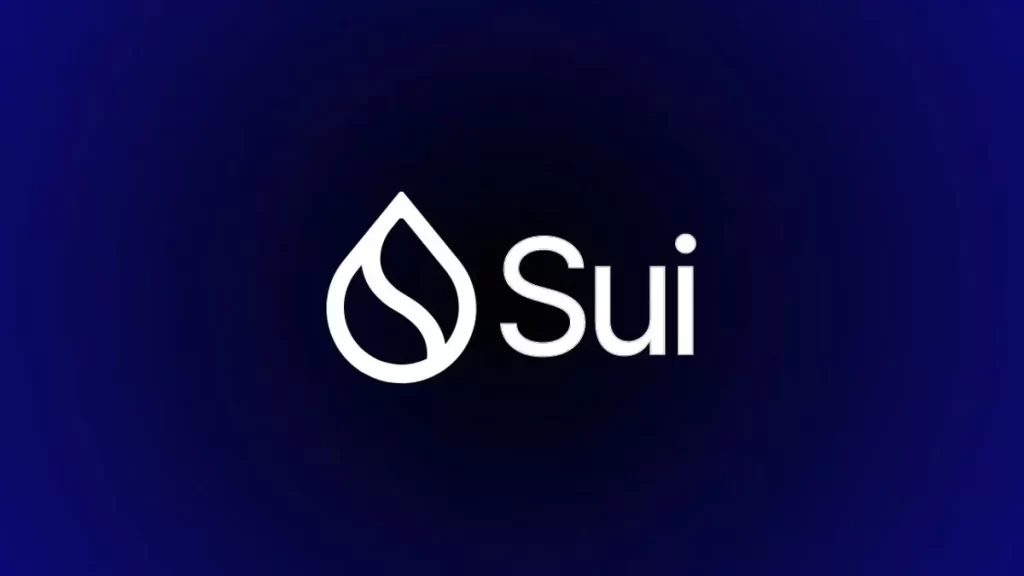Sui is a blockchain project designed to reduce latency in smart contract execution and offer high transaction capacity, enabling decentralized applications (dApps) to run smoothly. As a first-layer blockchain, Sui is built on the Proof-of-Stake (PoS) consensus mechanism, which also underpins Ethereum. But what exactly is SUI Coin?
The Sui team argues that the limited transaction capacities of existing blockchains lead to congestion, resulting in high costs and significant delays. They believe that these issues create a poor Web3 experience for users. To address this, Sui promises a fast, reliable service that enhances user experience through its parallel execution system, transaction fee mechanism, and consensus system.
Recently, Sui gained even more attention following the Arbitrum airdrop, which significantly boosted its popularity. In April, Sui launched its native token, SUI, through a public sale, defying the community’s expectations of a direct airdrop. This decision sparked some controversy, but those who joined Sui’s Discord servers before February 1, 2022, were given the chance to purchase the token at $0.03, providing early supporters with a special privilege and calming some of the debates.
What is SUI Coin?
SUI Coin is the native token of the SUI blockchain, developed by Mysten Labs. The token has a fixed total supply of 10 billion coins. But what are the main functions of SUI Coin, and what does it do?
Participation in PoS Consensus Mechanism: SUI Coin is used to participate in the network’s Proof of Stake (PoS) consensus mechanism, allowing token holders to contribute to the security and validation processes of the SUI network.
Transaction Fees: Transactions and other activities on the SUI network require fees, which are paid using SUI Coin.
Network Governance: SUI Coin grants holders the right to participate in the governance processes of the SUI blockchain, allowing them to take part in decision-making mechanisms.
These functions highlight SUI Coin’s central role in the SUI blockchain ecosystem, serving as a key tool for various interactions on the network.
Founders of Sui: A Strong Meta Connection
The founding team of Sui includes several high-profile names from Meta (formerly Facebook). Evan Cheng, the CEO of Mysten Labs, along with Sam Blackshear (CTO) and Adeniyi Abiodun (CPO), previously held senior positions at Meta. Sui was developed by Mysten Labs, which secured $300 million in funding during its Series B investment round, reaching a valuation of $2 billion. Notable investors included Binance Labs, a16z, Coinbase Ventures, and FTX Ventures.
What Sets Sui Apart from Other Blockchains?
Move Programming Language:
Sui uses the Move programming language, a Rust-based bytecode language originally designed for Meta’s defunct blockchain project, Diem. Sui’s version of Move is an updated iteration, also utilized by another scalable blockchain, Aptos. This language is designed to prevent double-spending and enhance Sui’s security, addressing the shortcomings of existing programming languages like Solidity.
Parallel Execution:
One of Sui’s most significant innovations is its ability to process transactions in parallel, which optimizes the network’s resource utilization. Unlike other blockchains that process transactions sequentially, leading to increased traffic and longer processing times, Sui handles multiple transactions simultaneously. While the Ethereum network processes 15 transactions per second, Sui has achieved 120,000 transactions per second in tests, surpassing other blockchains and even outpacing Visa by five times.
Transaction Fees:
Sui’s transaction fee mechanism sets it apart from other blockchains, where increased network activity often leads to higher fees and slower processing times. Sui’s gas pricing system offers low and predictable fees, even during periods of high network usage. Validators on the Sui network scale proportionally with transaction volume, ensuring that fees remain low even under heavy load. This feature positions Sui as a potential game-changer for Web3, much like broadband internet was for Web2.
Transaction fees are a critical aspect of blockchain technology, often leading to user challenges when they increase. Ethereum co-founder Vitalik Buterin recently expressed concerns about scalability and high fees, warning that without improvements, users might face $500 transaction fees in the next bull market.


